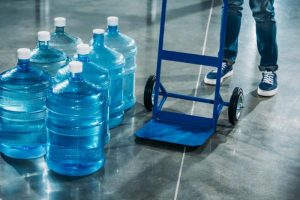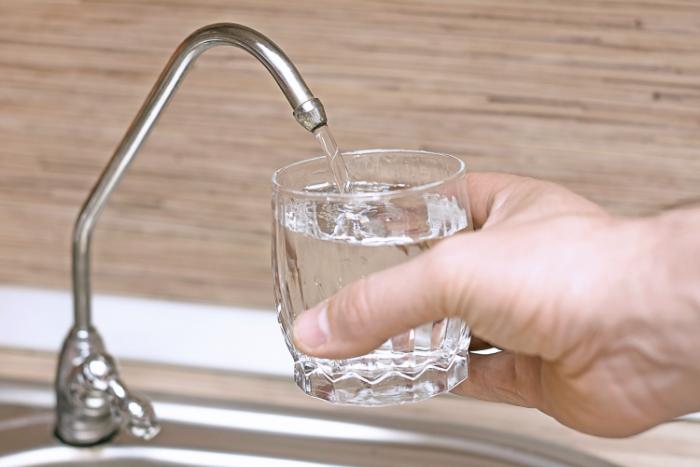How Long Do Water Filtration Systems Last?
The lifespan of a water filtration system depends on the amount of water that is used. A small unit may last for three or four years, while a larger system may require replacement before it reaches ten years. Salt-free systems usually last about six years. The lifespan of your filtration system depends on the size of the unit, water usage and how often you replace it.
(Looking for the best home water filtration system? Contact us today!)

Reverse osmosis systems last between 10 and 15 years
A reverse osmosis water filter system is a must for homes today, particularly in a city where the water quality is poor. It works by filtering water to remove impurities and chlorine, which are common in tap water. Its pre-filter and membrane should be changed every two to three years. It is important to keep the filters and membrane changed regularly, as failing to do so may result in a breakdown of the entire system, which is costly.
The typical reverse osmosis system will last for 10 to 15 years, but it is important to maintain the system regularly. The filter and membrane should be replaced every few months or a year, depending on the water quality in your area.
Under sink filters need to be replaced every 3 or 4 years
If you want to maintain your water filtration system to work effectively, you’ll need to replace it regularly. Typically, under-sink water filters should be replaced every three or four years. The lifespan of a filter depends on the amount of water it filters and its use. You should also consider the type of filter you have. Highly contaminated water can wear out filters quickly. Pore size and material quality also play a part in filter longevity.
You can monitor your under-sink filtration system to ensure its performance. Reverse osmosis filters and membrane filters should be changed every two to four years. If you’re unsure about how often your system should be replaced, ask a water filtration specialist for advice. Water filtration quality can make or break a system. A defunct or overworked filter renders a filtration system useless.
Dry filters last longer than wet filters
There are many advantages to using dry filters over wet filters in water filtration systems. They don’t need to be cleaned as frequently as wet filters, which makes them an excellent choice for high-volume applications. Additionally, they are very easy to maintain, which allows you to reuse them a lot. Because they’re less expensive to maintain, they also tend to pay for themselves over time. Despite the numerous benefits of dry filters, there are also some drawbacks to consider when considering the right type of filtration system.
Dry filters are typically cheaper to purchase and install. However, they’re not as durable as wet filters. These filters usually need to be replaced more frequently, anywhere from six months to a year, which can be expensive for businesses with high water flow.
Maintenance prolongs the lifespan of a water filtration system
Proper maintenance of a water filtration system is essential for keeping it functioning at its peak. Not only does proper maintenance prolong the life of a filter, but it will also prevent expensive repair bills. The lifespan of a water filter depends on the type of water used and the filter’s materials. Highly acidic water can corrode metal parts, while water containing too much chlorine can damage plastic seals. A well-maintained system can last several years longer than a less-efficient one.
Maintenance should be done regularly. After stopping use, water filtration systems should be flushed and sanitized. If not, bacteria can grow on the filters and submersible parts. Even if a system is new, it is still important to maintain it regularly.

